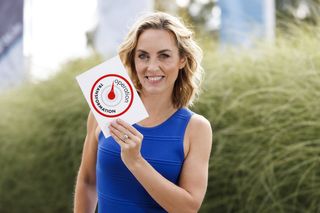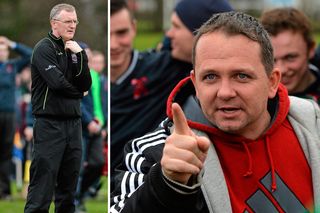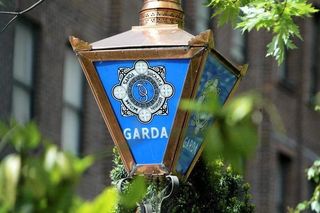New TV licence plus taxpayer top-up is favoured option for RTÉ cash crisis
No decision is due on future funding until after next month’s elections
Households face paying on the double towards the cost of RTÉ
After waiting an excruciating amount of time for the damp squib special investigations into RTÉ to be completed, the Government is back at square one.
How do you solve a problem like the licence fee?
Taoiseach Simon Harris and Media Minister Catherine Martin met last week – coincidentally, ahead of the arrival of the reports on the minister’s desk.
They discussed the two funding options available: scrapping the TV licence and dipping into the Exchequer or keeping the TV licence and finding a way to collect more of it.
Now a third option is quietly emerging as the most likely outcome within the Coalition: reforming the TV licence and providing a top-up from the taxpayer for public service media.
Several senior figures in the Government told the Irish Independent this “hybrid model” is shaping up to be the compromise solution.
The finer details of how it would work still have to be worked out, and no decision will be taken until after the local and European elections, so it will not become an issue during an already overloaded campaign.
“It’s one of the options and that would also help with the budget controls in RTÉ,” a source said.
The new arrangement will require legislation to be passed, and it is not even clear that will happen during the lifetime of the Government.
The changes to the TV licence would be accompanied by reforms to RTÉ, particularly around the transparency of its finances, with a clear line between public and commercial revenues. The accounts would also be audited externally by the Comptroller and Auditor General.
The collection of the TV licence fee by the Revenue Commissioners is still an option, albeit one that is not relished by any side. Revenue will take on the task – reluctantly – if called upon.
Money from the TV licence and a taxpayer top-up would probably go in to a public media pot from which RTÉ would draw funding.
But the same pot of money would be available to other independent media to apply for, and there is significant lobbying within the Coalition for support for local newspapers and radio stations.
Between the jigs and the reels, the TV licence fee pot should hit about €250m if it is collected properly.
The various scandals made last year an aberration due to a fall-off in payment, so going back to 2022 provides a better picture.
The TV licence generated €156.6m in 2022 as 947,924 households paid it.
RTÉ has long complained that the rate of licence-fee evasion costs it up to €65m a year. The station’s cause has been weakened by the self-inflicted driving up of avoidance to even higher levels.
On top of that, though, the State already contributes heavily to the licence-fee pot. Going back to 2022, 506,635 households had their TV licence covered by the Households Benefit Package from the Department of Social Protection, which cost just shy of €70m.
And that take-up was even higher last year before the payments scandal kicked in to skew the figures.
Ms Martin favours ditching the €160 TV licence. The proponents of this approach argue that the collection of the fee is a lot of hassle for little enough return and the State can now afford to replace it with funds taken directly from the central pot.
The Ryan Tubridy payments scandal and subsequent slew of controversies in RTÉ over the past year show the current system is not fit for purpose, with widescale non-payment ensuing in the fallout.
But Tánaiste Micheál Martin is leading the charge to retain the TV licence and is backed by Finance Minister Michael McGrath and Public Expenditure Minister Paschal Donohoe.
Mr Martin believes in the concept of independent media and argues it is all the more important in the era of fake news and the unregulated world of social media.
“Why not scrap everything else we collect? This is worth a considerable amount to the State. People value things they contribute to more,” a source said.
Read more
The idea of not rewarding RTÉ for past failings, by scrapping a funding model it complained about all the time, will also weigh heavily on the process.
The reports into RTÉ have reiterated that it is important to place the national broadcaster on a firm financial footing, but the findings leaked so far have suggested the much-vaunted reports are a bit of a let-down.
Finding out there were corporate governance failings in RTÉ and the board did not know what was going on is hardly revelatory.
The Irish secretary of the National Union of Journalists said he hopes “decisive action” will come from the reports.
However, Séamus Dooley added that the leaks were only revealing “a statement of the blindingly obvious”.
He wants definitive conclusions allowing everyone to move forward, “rather than some sort of an archaeological dig”.
Ms Martin will publish the three reports into governance, culture and human resources, along with a report into the barter accounts.
Join the Irish Independent WhatsApp channel
Stay up to date with all the latest news














